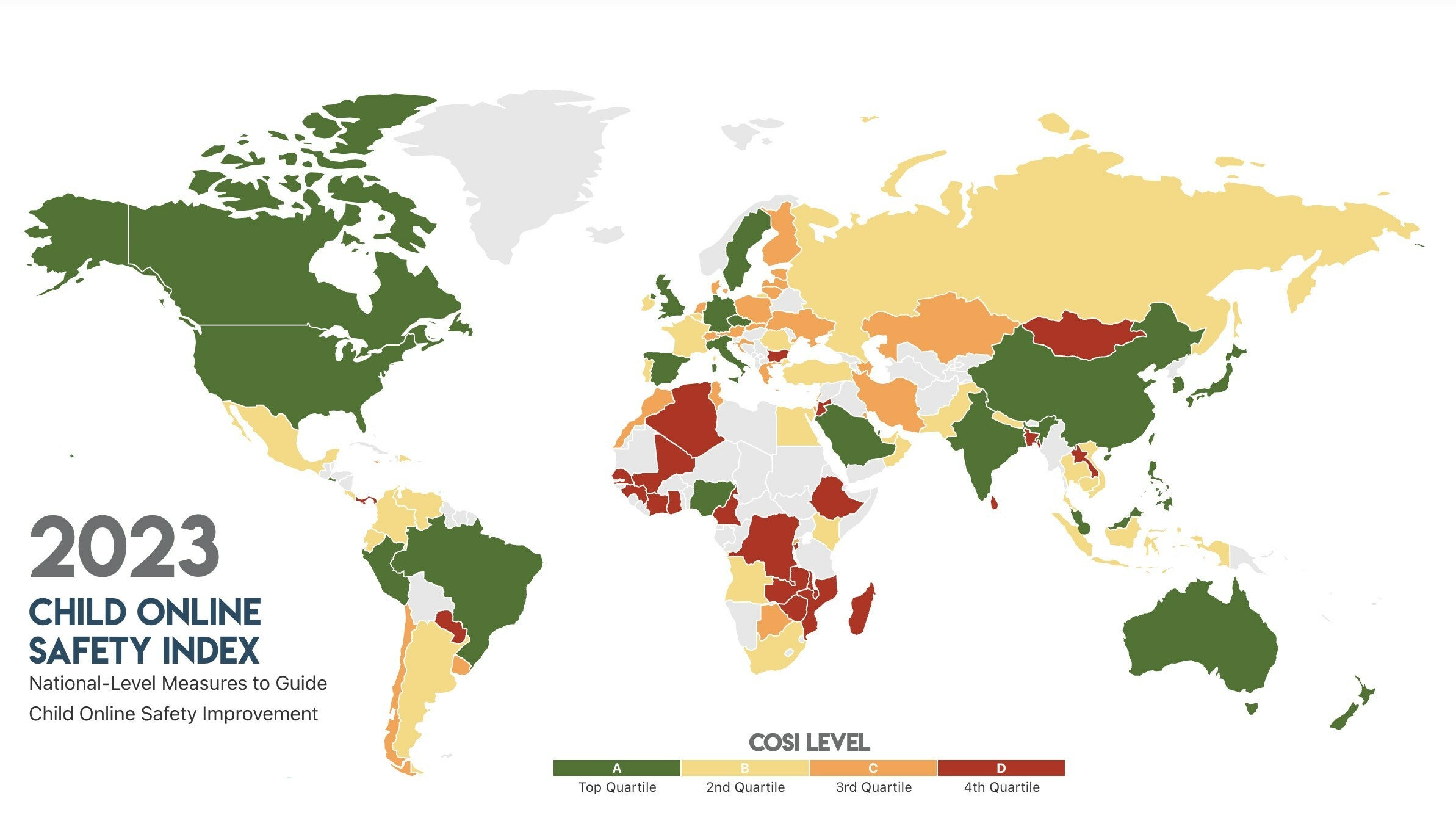
The 2023 Child Online Safety Index (COSI) found that nearly 70% of children and adolescents aged 8-18 worldwide have experienced at least one cyber risk incident in the past year.
The Index, released today (2 Nov) by Singapore based educational institution, DQ Institute, is a national-level metric designed to assist countries in effectively monitoring the status of children’s online safety.

Access deeper industry intelligence
Experience unmatched clarity with a single platform that combines unique data, AI, and human expertise.
The rate of cyber risk exposure among underaged users has remained virtually unchanged since the Index began in 2018, a situation the DQ Institute has dubbed a “persistent cyber-pandemic.”
Dr. Yuhyun Park, founder of the DQ Institute, said: “We have witnessed seven years of consistently high, 70% cyber-risk exposure rates among children aged 8-18 years.
“We now refer to this phenomenon as a ‘persistent cyber-pandemic.’ Today, with the fast deployment of generative AI, the metaverse and XR-like (Extended Reality) pervasive devices, digital technology is changing children’s lives even more, yet there is minimal discussion regarding their potential harmful effects.
“Global coordinated action, akin to addressing climate challenges, is imperative, and we can no longer delay,” said Yuhyun.

US Tariffs are shifting - will you react or anticipate?
Don’t let policy changes catch you off guard. Stay proactive with real-time data and expert analysis.
By GlobalDataThe COSI draws on data collected from a sample of 351,376 children spanning from 2017 to the present day.
According to the Index, the UK, Germany and China ranked highest for protecting child users online.
In September, European regulator, the Data Protection Commission (DPC), fined TikTok $370m for violating laws on handling children’s personal data in the EU. TikTok announced last month it would contest the fine.
The DPC’s investigation found that profile settings for child user accounts were set to public by default, meaning anyone could view content posted by a child user.
Last month, Australia’s eSafety Commissioner, Julie Inman Grant, accused Big Tech social media platforms like Google and X (formerly known as Twitter) of facilitating the spread of misinformation and child abuse materials.
Australia’s online safety regulator, eSafety, accused Google of not blocking links to known child sexual exploitation material, despite the availability of databases from expert organisations like the UK-based Internet Watch Foundation.







